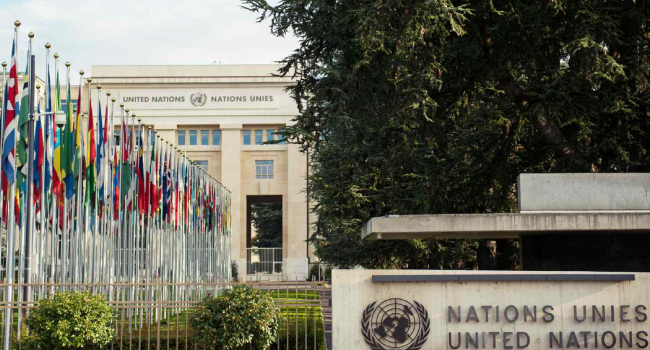The United Nations has suspended a key humanitarian air service in northeastern Nigeria, citing an acute lack of funding.
The U.N. Humanitarian Air Service (UNHAS), operated by the World Food Programme (WFP), officially ended its fixed-wing flight operations in the country last week. For nearly a decade, the service had been transporting aid workers, medical supplies, and essential cargo into conflict-affected areas.
“In 2024 alone, over 9,000 passengers used UNHAS flights, and already this year, 4,500 humanitarian personnel have depended on the service to access hard-to-reach communities,” said UN spokesperson Stéphane Dujarric during a briefing in New York.
He warned that without urgent funding—estimated at $5.4 million to keep the service running for the next six months—the humanitarian response in Nigeria’s northeast could be severely compromised.
“For nine years, UNHAS has provided a lifeline to the epicentre of the crisis in Borno and Yobe states,” Dujarric added. “In a region plagued by 16 years of conflict, where roads are often too dangerous, air transport remains indispensable.”
The shutdown of UNHAS coincides with a broader funding crisis affecting the World Food Programme. In July, the agency warned it might have to halt emergency food and nutrition support for 1.3 million people in the region due to financial constraints.
WFP’s Regional Director for West and Central Africa, Margot van der Velden, echoed the urgency, stating the agency needs $5.4 million just to sustain food and nutrition aid in the region for another six months.
Despite significant support from the Nigerian government—now the largest contributor to the emergency response—the UN emphasised that international funding remains vital to maintain operations at scale.
“The humanitarian response in northeast Nigeria is in jeopardy,” Dujarric said. “Without donor support, critical aid corridors will collapse.”
The UN warned that the consequences of the shutdown could be devastating. With no air access, aid workers lose safe passage to remote, conflict-ridden areas where millions are already suffering from hunger, displacement, and insecurity.
Families may be forced to make desperate decisions: endure deepening hunger, migrate through unsafe routes, or become vulnerable to exploitation by extremist groups still active in the region.
This appeal from the UN comes as humanitarian organisations globally face mounting financial strain due to shrinking donor contributions—pressured by competing crises in Gaza, Sudan, Ukraine, and beyond.
“In northeast Nigeria, where millions have already been uprooted by insurgency and instability, the loss of a critical air link threatens to isolate the most vulnerable at a time they need help the most,” the UN statement concluded.








